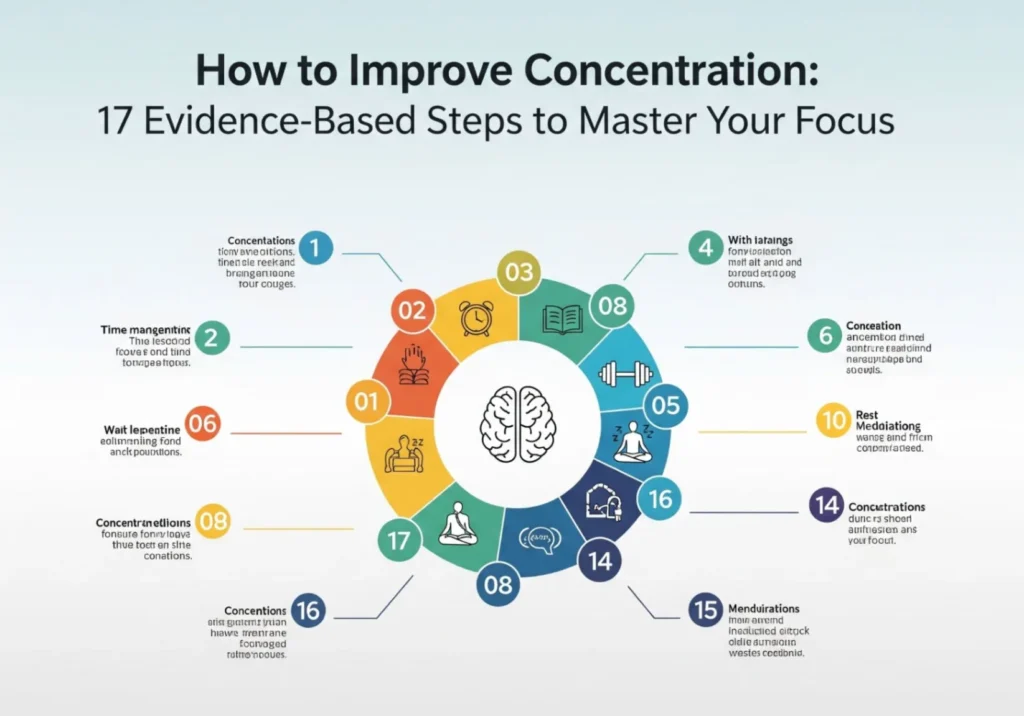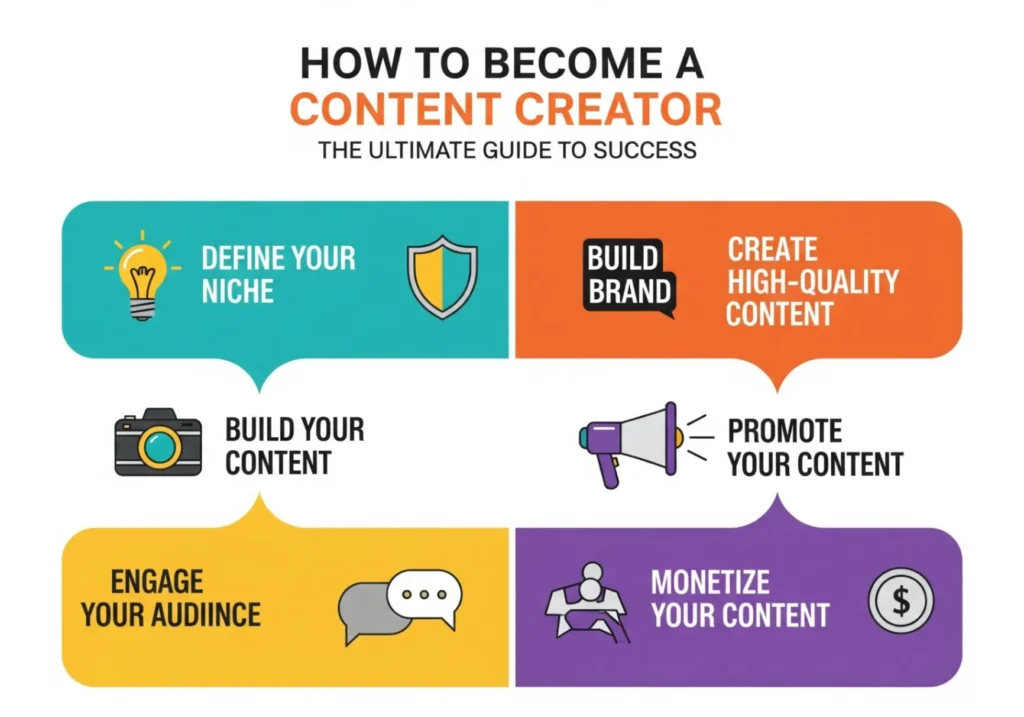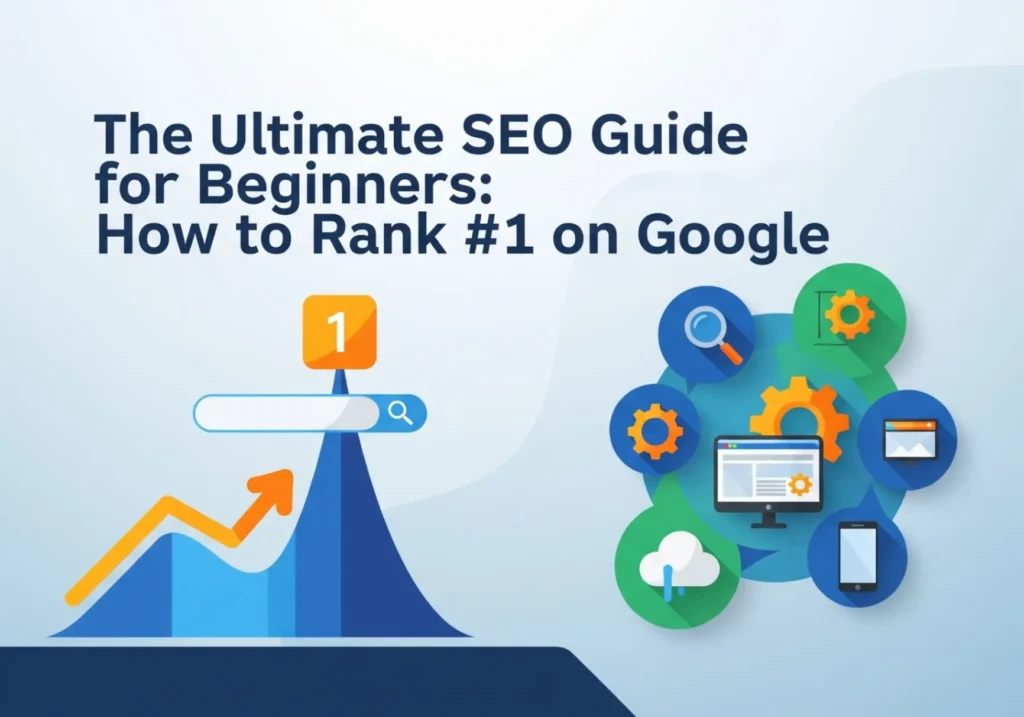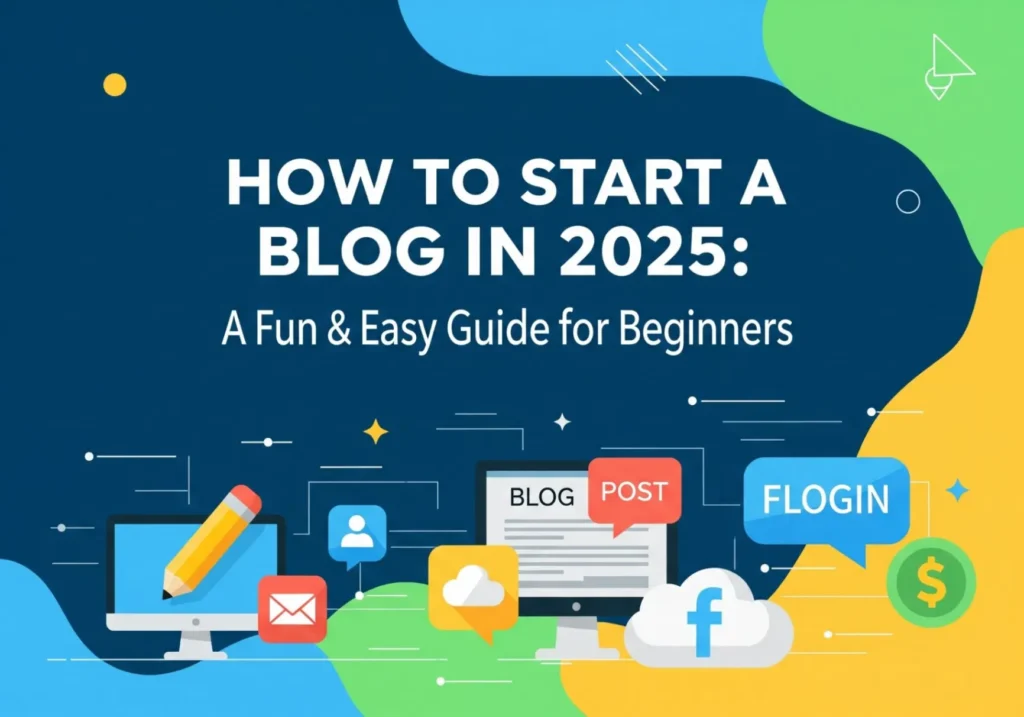How to Improve Concentration: 17 Evidence-Based Steps to Master Your Focus
You sit down at your desk, determined to finish that important report. You open the document, and then… *ping*. A new email. You check it quickly. Then a notification from your phone. Then you remember you needed to look up one small fact. Forty-five minutes later, you’re deep into a Wikipedia rabbit hole about the history of cheese, and your report is still blank.
Sound familiar? In today’s world, a relentless firehose of pings, notifications, and endless information, the ability to truly concentrate can feel like a genuine superpower. But concentration isn’t magic; it’s a mental muscle. And like any muscle, it can be trained.
At its core, concentration is the art of directing your finite mental energy. It’s a combination of:
- Selective Attention: Intentionally zeroing in on a single task or thought.
- Sustained Attention: Holding that focus over a meaningful period.
- Executive Control: Actively managing your focus, filtering out distractions, and consciously switching tasks when needed.
Mastering this skill is the bedrock of high achievement, effective learning, and even personal well-being. This definitive guide will explore not just *why* focusing is so hard, but will provide a complete, evidence-based toolkit to help you reclaim your attention and sharpen your focus.
Table of Contents
- Part 1: Understanding the Enemy – Why Is Focusing So Hard?
- Part 2: Train Your Brain – Active Mental Conditioning
- Part 3: Build Your Fortress – Optimize Your Environment
- Part 4: Fuel the Engine – The Physical Foundations of Focus
- Part 5: Master Your Time – Productivity & Technology
- Conclusion: Your Holistic Path to Mastering Concentration
- Frequently Asked Questions (FAQ)
Part 1: Understanding the Enemy – Why Is Focusing So Hard?
Before we can build focus, we must understand what’s breaking it down. Difficulty concentrating can stem from a complex mix of internal and external factors.

Medical and Psychological Conditions
Persistent and severe trouble with focus can be a symptom of an underlying health issue. It’s crucial to consult a healthcare professional if your concentration problems are impacting your daily life. Potential factors include:
- Mental Health Conditions: ADHD, anxiety disorders, depression, and bipolar disorder can profoundly impact the brain’s executive functions, which govern attention.
- Neurological & Health Issues: Conditions like multiple sclerosis, chronic fatigue syndrome (ME/CFS), sleep disorders, thyroid problems, and even vision problems can drain mental energy and impair focus.
- Brain Fog: This state of mental cloudiness can be caused by illness (like long COVID), medications, hormonal changes, or chronic stress.
- Medications: Some common drugs can have side effects that impair concentration. Always discuss this with your doctor.
Lifestyle and Environmental Factors
For many of us, the culprits are woven into our daily habits and surroundings:
- Poor Sleep: This is a major focus-killer. During sleep, your brain consolidates memories and clears out metabolic waste. Without enough quality sleep, your prefrontal cortex—the command center for attention—simply can’t function optimally.
- Inadequate Diet & Hydration: Your brain is an energy-hungry organ. A diet high in sugar and processed foods leads to energy spikes and crashes, while dehydration can quickly lead to brain fog and fatigue.
- Chronic Stress: When you’re stressed, your body is flooded with cortisol. This “fight-or-flight” hormone prioritizes survival instincts over high-level cognitive tasks, making it nearly impossible to concentrate deeply.
- The Myth of Multitasking: The human brain doesn’t truly multitask. Instead, it switch-tasks rapidly, which is inefficient, increases the likelihood of errors, and depletes mental energy much faster.
- A Distracting Environment: Constant noise, visual clutter, and poor lighting all create extra “cognitive load,” forcing your brain to work harder just to tune out the distractions.
Key Takeaway: Concentration is a resource. Acknowledge the factors that are draining it—from your health and habits to your environment—before you can begin to rebuild it.
Part 2: Train Your Brain – Active Mental Conditioning
Focus is a skill. Like learning to play the piano or lift weights, it requires deliberate, consistent practice. These strategies are your mental workout routine.

1. Engage in Cognitive Training
Actively challenge your brain with activities that demand focus. This isn’t just a distraction; it’s a way to build cognitive reserve and enhance neuroplasticity—your brain’s ability to form new connections.
- Brain Games: Puzzles like Sudoku, crosswords, chess, and jigsaw puzzles require sustained attention and problem-solving.
- Cognitive Training Apps: Programs like Lumosity, CogniFit, or even reaction-time training games can specifically target and improve processing speed and attention control.
2. Master the Pomodoro Technique
This wildly popular time management method combats mental fatigue by structuring work into focused intervals.
- Choose a single task to work on.
- Set a timer for 25 minutes (one “Pomodoro”).
- Work with intense, uninterrupted focus until the timer rings.
- Take a short, 5-minute break to stretch, grab water, or look away from your screen.
- After four Pomodoros, take a longer, more restorative break (15-30 minutes).
This technique works because it makes large tasks less daunting and gamifies focus, while the built-in breaks prevent burnout.
3. Practice Mindfulness & Meditation
Mindfulness is the ultimate training for your “attention muscle.” It is the practice of paying attention to the present moment, on purpose, without judgment. Each time you notice your mind has wandered and you gently bring it back to your breath or a chosen focal point, you are performing a “mental rep” for your concentration.
- Focused Attention Meditation: Sit quietly and focus on the sensation of your breath. When your mind wanders (which it will), simply notice it and gently guide your focus back to the breath. Start with just 5 minutes a day.
- Mindful Activities: You don’t have to sit on a cushion. Practice mindfulness while walking, washing dishes, or eating. Pay full attention to the physical sensations, sounds, and smells of the activity.
Research using fMRI scans shows that regular meditation can physically strengthen the attention networks in the brain.
4. Use Warren Buffett’s “2 List” Strategy for Ruthless Prioritization
Lack of focus often stems from having too many competing priorities. Billionaire investor Warren Buffett uses a simple but powerful method to solve this:
- List your top 25 goals or priorities in your career or life.
- Review the list and circle your top 5 most important goals. These are your non-negotiables.
- The remaining 20 goals are now your “Avoid-at-All-Costs” list. Do not give them any time, energy, or attention until you have successfully achieved your top 5.
This exercise forces you to confront the reality of limited time and energy and dedicate your focus where it will have the greatest impact.
Key Takeaway: Treat your focus like a muscle. Train it with targeted exercises, structure it with techniques like Pomodoro, and direct it with ruthless prioritization.
Part 3: Build Your Fortress – Optimize Your Environment
Your physical and digital surroundings can be your greatest ally or your worst enemy in the battle for focus. A well-designed environment reduces cognitive load, allowing your brain to devote more resources to the task at hand.

5. Manage Noise Strategically
Unpredictable noise, especially human speech, is highly disruptive to concentration. However, complete silence can be unnerving for some. Find what works for you:
- For Silence: Use high-quality noise-canceling headphones or simple earplugs.
- For Helpful Noise: Use apps or websites that play steady, non-lyrical background sounds like white noise, rain sounds, or instrumental music. Some services like Brain.fm offer “functional music” scientifically designed to enhance focus.
6. Get the Lighting Right
Poor lighting causes eye strain and fatigue, which directly drains your mental energy.
- Maximize Natural Light: Position your workspace near a window whenever possible. Natural daylight is proven to boost mood and cognitive function.
- Use Cool, Bright Light for Focus: For focused work, use bulbs in the “cool white” or “daylight” range (4000K-6500K). This mimics daylight and promotes alertness.
- Use Warm Light for Relaxation: Use warmer, dimmer light (2700K-3000K) for creative brainstorming or break areas.
7. Declutter Your Physical and Digital Space
Clutter is not just a physical problem; it’s a mental one. Every object in your field of vision that is irrelevant to the task at hand competes for your attention.
- Physical Space: Keep your desk clear of everything except the essentials for your current task. A tidy space promotes a tidy mind.
- Digital Space: Close unnecessary tabs and applications. Organize your computer’s desktop and files into a logical system. Turn off all non-essential notifications on your computer and phone.
Key Takeaway: Design your environment with one goal in mind: to make focusing the easiest possible option. Reduce friction by eliminating distractions before they can derail you.
Part 4: Fuel the Engine – The Physical Foundations of Focus
Your brain is a biological organ. Its performance is directly tied to your physical health. You cannot expect elite mental performance without providing the foundational support of good diet, sleep, and exercise.

8. Fuel Your Brain with the Right Diet
Your brain consumes about 20% of your body’s calories. What you feed it matters immensely.
- Steady Energy: Avoid sugary snacks that cause a rapid spike and crash in blood glucose. Opt for complex carbohydrates (oats, whole grains) for sustained energy release.
- Brain-Boosting Nutrients:
- Omega-3 Fatty Acids (found in fatty fish, walnuts, flaxseeds) are crucial for building brain cells.
- Flavonoids (found in berries, dark chocolate, tea) are antioxidants that can improve memory and cognitive function.
- B Vitamins are essential for energy production and neurotransmitter synthesis.
- Hydrate: Even mild dehydration can significantly impair attention and memory. Keep a water bottle on your desk at all times.
9. Prioritize High-Quality Sleep
Sleep is when your brain repairs itself, consolidates learning, and gets ready for the next day. Skimping on sleep is like trying to run a marathon after staying up all night. It’s a recipe for failure.
- Aim for 7-9 hours per night. Consistency is key—try to go to bed and wake up around the same time each day, even on weekends.
- Create a relaxing bedtime routine. Disconnect from screens an hour before bed, read a book, or take a warm bath to signal to your body that it’s time to wind down.
10. Move Your Body to Clear Your Mind
Exercise is one of the most powerful things you can do for your brain.
- Boosts Blood Flow: Physical activity increases blood flow, delivering more oxygen and nutrients to your brain.
- Stimulates BDNF: Exercise stimulates the production of Brain-Derived Neurotrophic Factor (BDNF), a protein that acts like “Miracle-Gro” for your brain, supporting the survival of existing neurons and encouraging the growth of new ones.
- Reduces Stress: It’s a potent way to burn off cortisol and boost mood-enhancing endorphins.
Aim for at least 150 minutes of moderate-intensity aerobic exercise per week. Even a brisk 10-minute walk can clear your head and improve focus.
Key Takeaway: Don’t treat your brain as separate from your body. Elite concentration is built on a foundation of solid nutrition, restorative sleep, and regular physical activity.
Part 5: Master Your Time – Productivity & Technology
In the modern world, protecting your focus requires a proactive system for managing your time and technology.
11. Implement Time Blocking
Instead of working from a simple to-do list, schedule specific blocks of time for your most important tasks directly into your calendar. Treat these blocks like you would an important meeting—they are non-negotiable. This ensures you dedicate your best energy to your highest priorities.
12. Break Down Overwhelming Tasks
Procrastination is a major enemy of focus. We often procrastinate on tasks that feel too big or complex. The solution is to break them down into the smallest possible, actionable steps. Instead of “Write Report,” your first step might be “Open a new document and write the title.” This makes it easier to get started and build momentum.
13. Take Restorative Breaks
Breaks aren’t a sign of weakness; they are a strategic necessity. Your brain can’t maintain high-level focus indefinitely. Short, regular breaks allow it to rest and recharge. The key is to make them restorative: get up, stretch, walk around, look out a window, or chat with a colleague. Avoid a “break” that involves scrolling through social media, which can be just as draining as work.
14. Leverage Technology Wisely
While technology is a primary source of distraction, it can also be part of the solution.
- Distraction Blockers: Use apps like Freedom, Cold Turkey, or FocusMe to temporarily block access to distracting websites and apps during your work blocks.
- Productivity Tools: Use task managers like Todoist or Asana to organize projects and break them down into steps.
- AI Assistants: Emerging AI tools can help automate routine tasks, summarize long documents, and manage your schedule, freeing up your mental bandwidth for deep work.
Key Takeaway: Don’t just hope you’ll have time to focus. Build a structure for your day that actively carves out and protects that time. Use technology as a shield, not a sieve.
Conclusion: Your Holistic Path to Mastering Concentration
Improving your concentration isn’t about finding one secret hack. It’s about building a holistic system that supports your brain from every angle. It’s a commitment to treating your attention as your most valuable resource.
By training your brain like a muscle, building an environmental fortress, fueling your body for peak performance, and structuring your time with intention, you can systematically reclaim your focus from the forces of distraction.
Start small. Pick one or two strategies from this guide and implement them this week. Be patient and consistent. Over time, you’ll discover the profound productivity, clarity, and satisfaction that comes from a truly focused mind.
Frequently Asked Questions (FAQ)
1. What is the single most important thing I can do to improve my focus?
While it’s a holistic process, the most impactful and often overlooked foundation is getting enough high-quality sleep. Without adequate sleep, all other techniques will be less effective because your brain’s fundamental capacity for attention is compromised.
2. How long does it take to see improvements in concentration?
You can see immediate benefits from environmental changes (like turning off notifications) and techniques like Pomodoro. Building the “mental muscle” through mindfulness and brain training takes more time. With consistent practice (10-20 minutes a day), many people report noticeable improvements in their ability to sustain focus within 2-4 weeks.
3. Can’t I just drink coffee or an energy drink?
Caffeine is a powerful stimulant that can temporarily boost alertness and attention. However, it’s a short-term fix. Over-reliance can lead to dependency, disrupt sleep patterns (a major focus-killer), and cause jitteriness that can be counterproductive. It’s a tool, not a substitute for the foundational strategies in this guide.
4. Is multitasking ever okay?
True multitasking is a myth. However, you can effectively pair a low-focus, automatic task with a more engaging one. For example, listening to a podcast (engaging) while folding laundry (automatic) works well. Trying to write an email (high-focus) while participating in a video call (high-focus) is a recipe for doing both poorly.
5. I feel like I’ve tried everything and nothing works. What should I do?
If you have made a sincere effort to implement these strategies and are still struggling with severe, persistent concentration issues that impact your work, relationships, or daily life, it is highly recommended that you consult a healthcare professional. They can help rule out or diagnose underlying medical or psychological conditions that may require specific treatment.





Your point of view caught my eye and was very interesting. Thanks. I have a question for you.